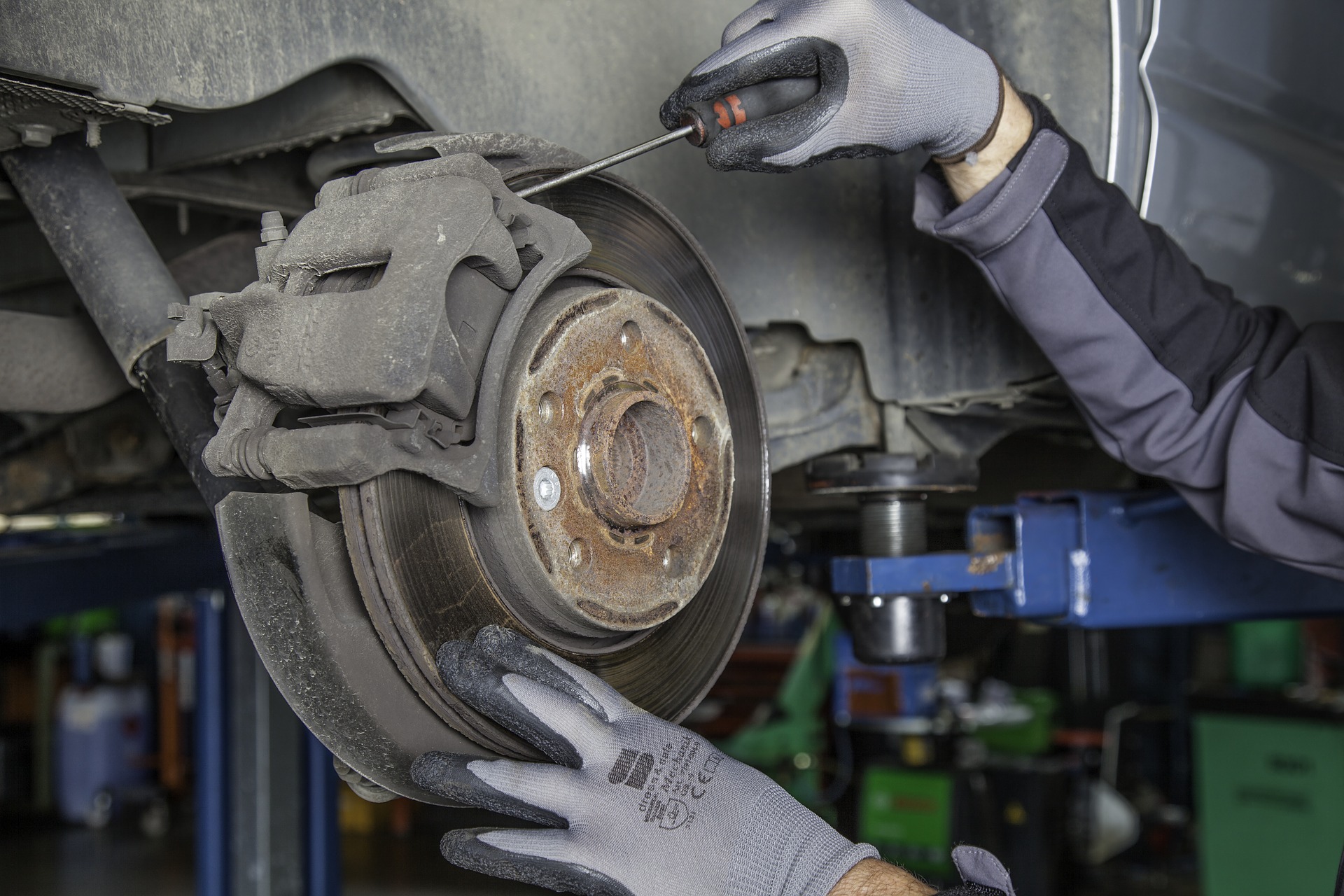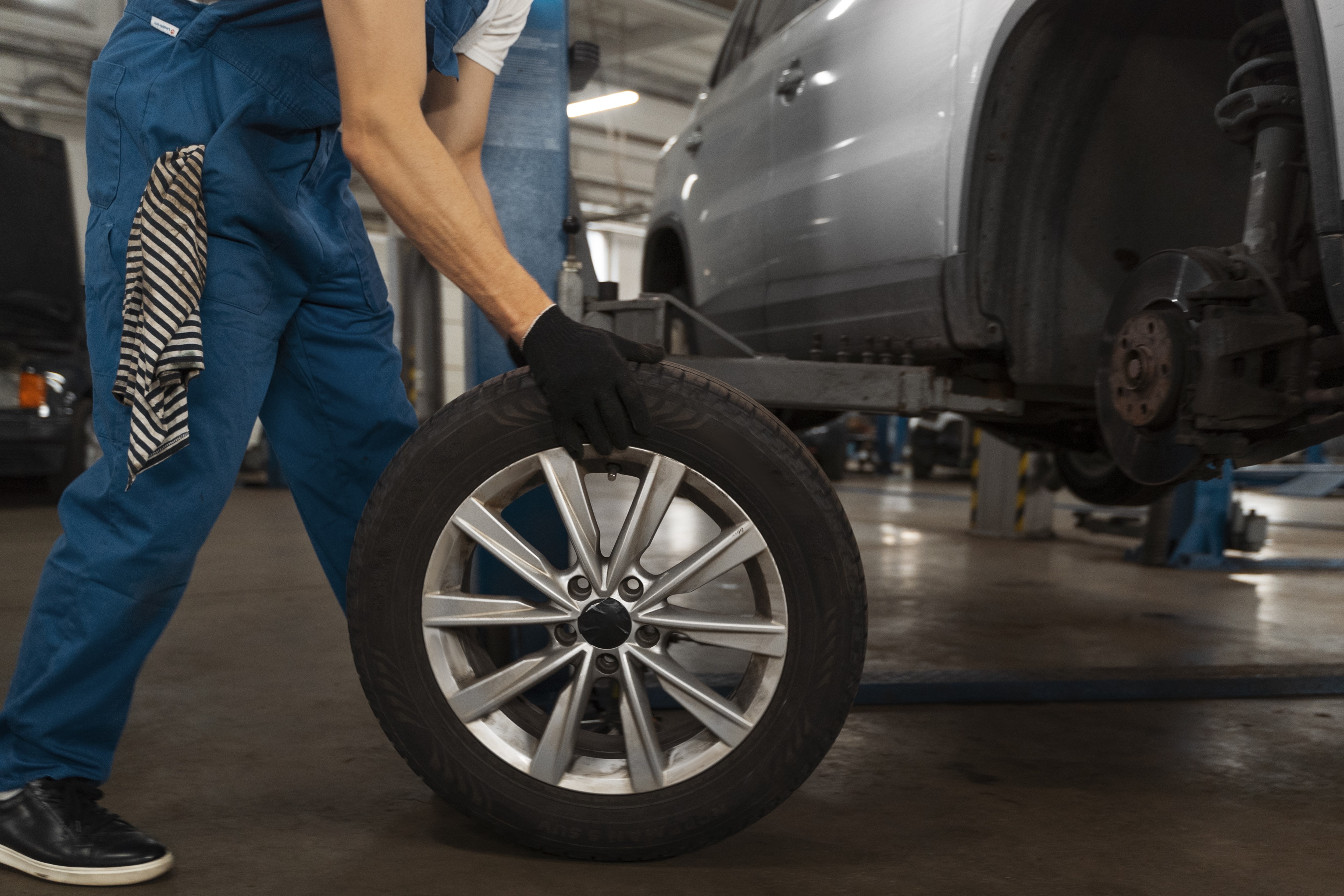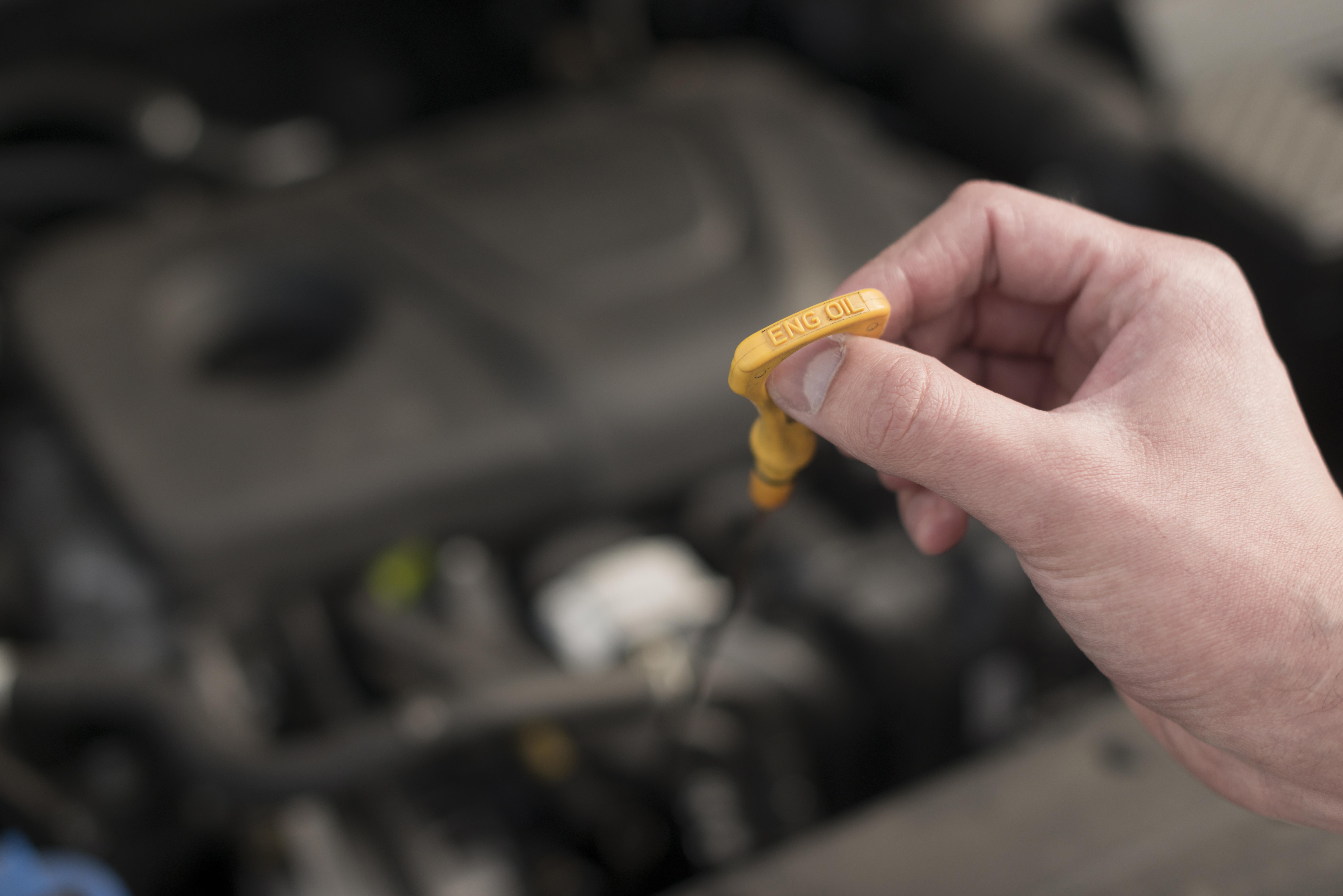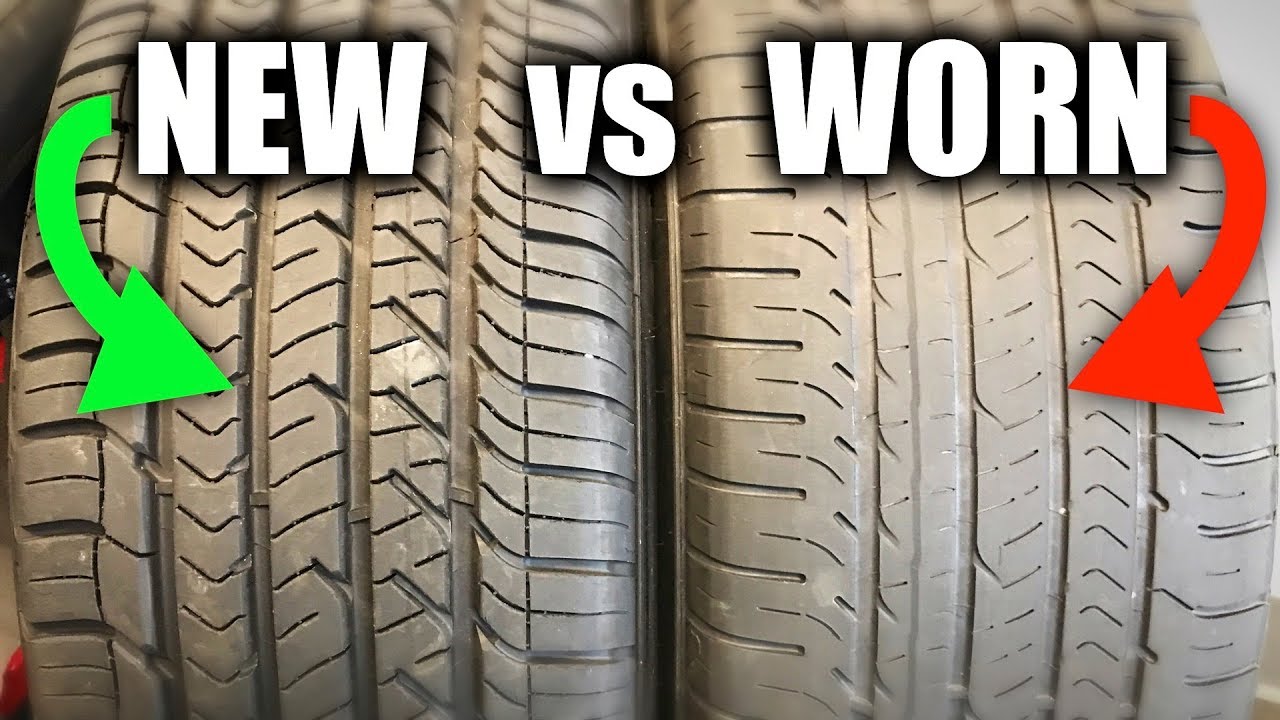When it comes to vehicle safety, few components are as critical as your brakes. Brakes are responsible for slowing down and stopping your car, ensuring your safety, and the safety of others on the road. Regular brake checks are essential to maintain their optimal performance. In this blog, we will explore the importance of brake checks and why you should make them a routine part of your vehicle maintenance.
- Safety First
The most compelling reason to perform regular brake checks is safety. Your brakes are your car’s primary safety feature, and their reliability can mean the difference between avoiding an accident and being involved in one. Regular inspections and maintenance help identify issues early, reducing the risk of brake failure when you need them most.
- Preventive Maintenance
Regular brake checks are a form of preventive maintenance. Identifying and addressing brake issues early can prevent more extensive and costly repairs down the road. This not only saves you money but also ensures your brakes are always in top working condition.
- Extend Brake Lifespan
Brake components, such as pads and rotors, wear out over time. By catching issues early, you can replace worn parts before they cause further damage to the braking system. This can extend the lifespan of your brakes and reduce the frequency of expensive brake replacements.
- Maintain Performance
Properly functioning brakes ensure optimal performance. Regular checks and maintenance help maintain consistent stopping power, reducing the risk of sudden and unexpected brake issues that can compromise your control over the vehicle.
- Fuel Efficiency
Efficient brakes are not only about safety but also fuel efficiency. When brakes are in good condition, they require less force to operate, resulting in less fuel consumption. This means regular brake maintenance can lead to cost savings in the long run.
- Legal Compliance
In many places, vehicle safety regulations require that your brakes are in good working order. Regular brake checks and maintenance can help you stay compliant with these regulations, avoiding potential fines and legal issues.
- Peace of Mind
Knowing that your brakes are in good condition provides peace of mind while driving. You can have confidence in your car’s ability to stop when needed, reducing stress and enhancing your overall driving experience.
When to Schedule Brake Checks
- Regular Intervals: Experts recommend inspecting your brakes at least every 12,000 miles or annually, whichever comes first.
- Unusual Noises: If you hear squeaking, squealing, grinding, or any unusual noises when you apply the brakes, have them checked immediately.
- Reduced Brake Performance: If you notice that your brakes feel less responsive or require more effort to stop the vehicle, it’s time for a checkup.
- Warning Lights: If your car’s dashboard warning lights, such as the ABS or brake system warning, illuminate, it’s an indicator that something might be wrong with your brakes.
Conclusion
Regular brake checks are a non-negotiable aspect of vehicle maintenance. They ensure your safety, prevent costly repairs, and extend the life of your brakes. Don’t wait until you experience a braking issue; instead, make brake checks a routine part of your vehicle maintenance schedule. It’s a small investment that can have a significant impact on your safety and the longevity of your vehicle.
And remember, Fix N Fuel is always here to assist you with checking your brakes and changing it on a regular maintenance schedule.
Tags: brakes, maintenance



